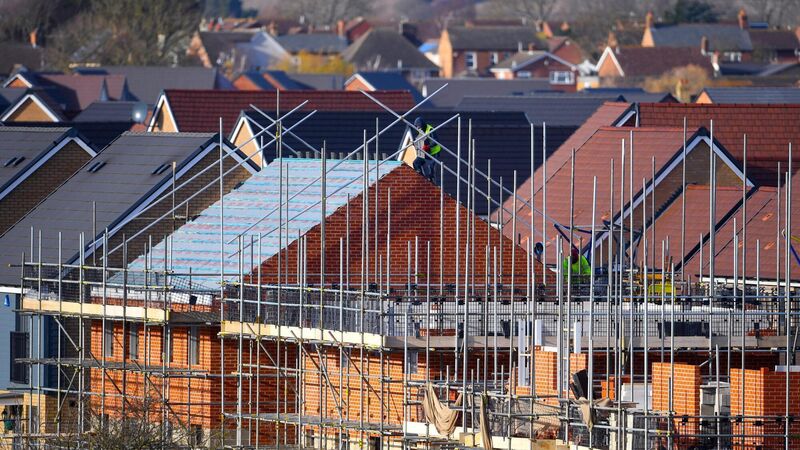10% surge in yearly British house prices a further warning to outlook in Ireland

There is a shortages of homes for sale in the UK as well as a pandemic-driven demand for larger properties away from city centres.
House prices in Britain rose more than expected in November as activity held up despite the end of a tax relief for homebuyers, a development that ratchets up the risks for Irish house price inflation taking off further.
The average price of a home in Britain increased by almost 1% to £252,687 (€297,550), according to the mortgage lender Nationwide, as the pace outstripped even the most optimistic forecasts. The annual rate of growth climbed to 10%.











